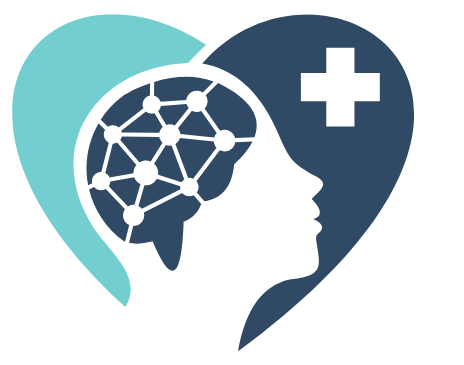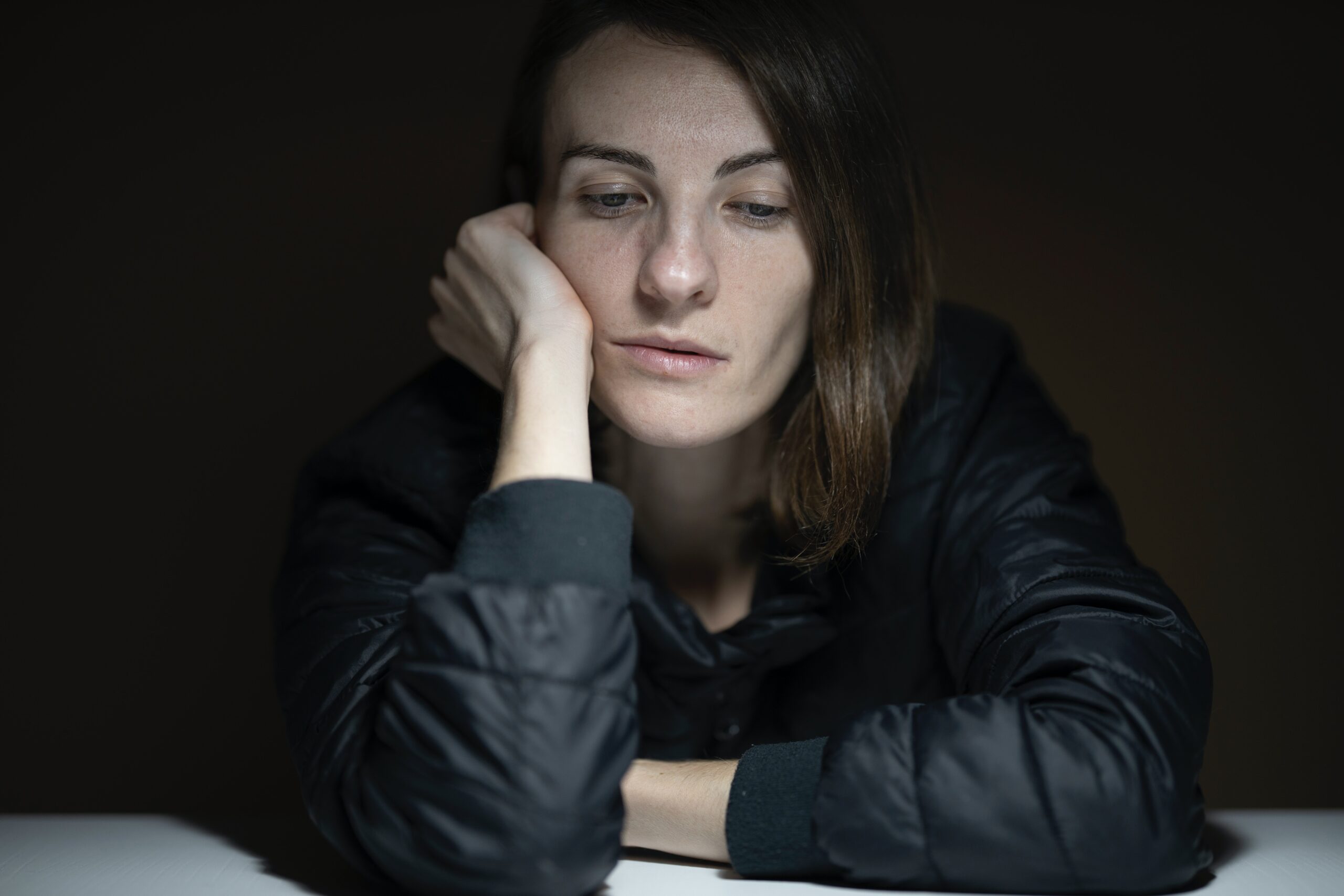Every person will experience sadness in their lives. Sadness is a natural and healthy emotion that serves important functions in our lives, such as signaling to others that we need to be comforted and soothed. However, when sadness becomes overwhelming or persists for long periods of time, it can cause depression.
When low moods persist for two weeks or longer, this could be a sign of a condition called major depressive disorder (MDD). This is a physiological state that negatively impacts sleep, appetite, energy level, motivation, focus and concentration, and other areas of functioning. There are other mood disorders as well that involve depression episodes or persistent depression, including bipolar disorder, premenstrual dysphoric disorder, postpartum depression, and persistent depressive disorder. According to the National Alliance on Mental Illness (NAMI), over 16 million adults in the United States will experience a depressive episode this year. In 2021, the University of Michigan found that over 47% of college students screened positive for depression or anxiety symptoms. Sadly, the rate of mental health problems among young adults, including suicide, has increased in recent years.
Symptoms of Depression
- Problems concentrating
- Fatigue and low energy
- Low motivation and decreased interest in activities
- Over sleeping, or trouble staying asleep
- Loss of appetite and weight loss, or increase in emotional eating and weight gain
- Physical aches and pains, headaches
- Increased sensitivity and crying spells
- Irritability and anger, especially in men
- Feelings of hopelessness and low self-worth
- Increase in irrational thoughts, including feeling like a burden on others, and suicidal thoughts
Causes of Depression & Diagnosis
There are many causes of depression, including sudden changes in life, grief and loss, trauma, and physical illness. Other causes of depression can include changes in hormones due to pregnancy or giving birth, thyroid problems, vitamin deficiencies, anemia, or chemical imbalances in the brain. I encourage all of my clients to talk to their doctors about depression symptoms and to seek medical tests to rule out underlying health causes at the start of therapy. Research has also found that genetics can sometimes increase the risk for depression for clients with family histories of depression. According to the National Alliance on Mental Illness, the risk for depression is also higher among clients with other mental health conditions such as sleep disorders, anxiety disorders, drug and alcohol use disorders, and attention deficit hyperactivity disorder (ADHD).
If you are concerned about any of these symptoms, please make an appointment with your doctor or therapist so they can assess and screen for other conditions that often occur with depression. Your provider will refer to the Diagnostic and Statistical Manual of Mental Disorders (DSM-5), published by the American Psychiatric Association, for other criteria to determine any applicable diagnoses.
Treatments for Depression
There are many treatments for depression that have been found helpful, including psychotherapy (talk-therapy) including Cognitive Behavioral Therapy (CBT) and Acceptance and Commitment Therapy (ACT). There are several kinds of antidepressant medications that can also be prescribed to treat depression, including selective serotonin reuptake inhibitors (SSRIs) including sertraline (Zoloft), fluoxetine (Prozac), and citalopram (Celexa); tricyclic antidepressants (TCAs), norepinephrine and dopamine reuptake inhibitors like buproprion (Wellbutrin); and others. There are some risks of antidepressant treatment for teens, and possible side effects to consider. It’s a good idea to ask your doctor for information about risks and side effects when considering medication treatment.
Other alternative treatments that have been found helpful for more serious depression include electroconvulsive therapy (ECT) and repetitive transcranial magnetic stimulation (rTMS), which are electrical currents applied to stimulate the brain. Holistic treatments for depression can include light therapy, exercise and balanced nutrition, meditation, stress management, and spirituality.

